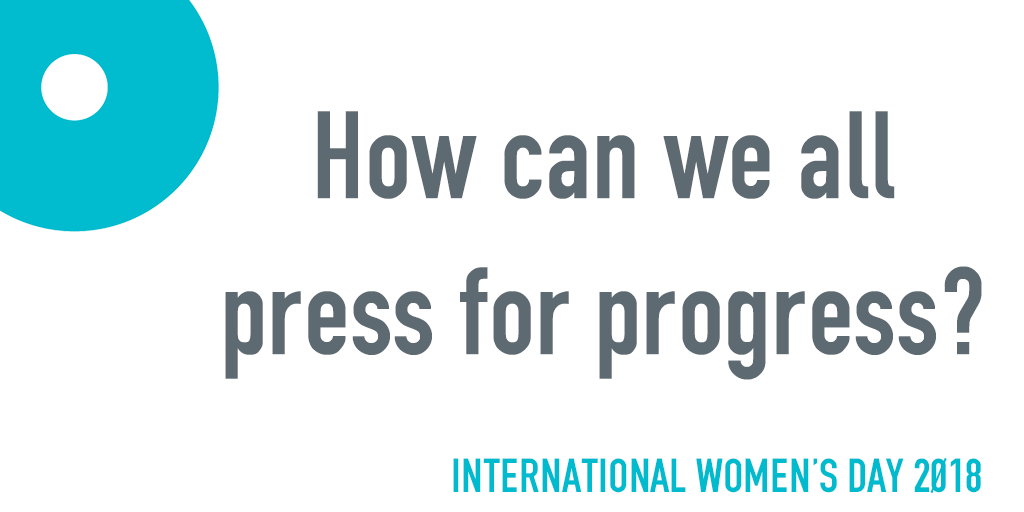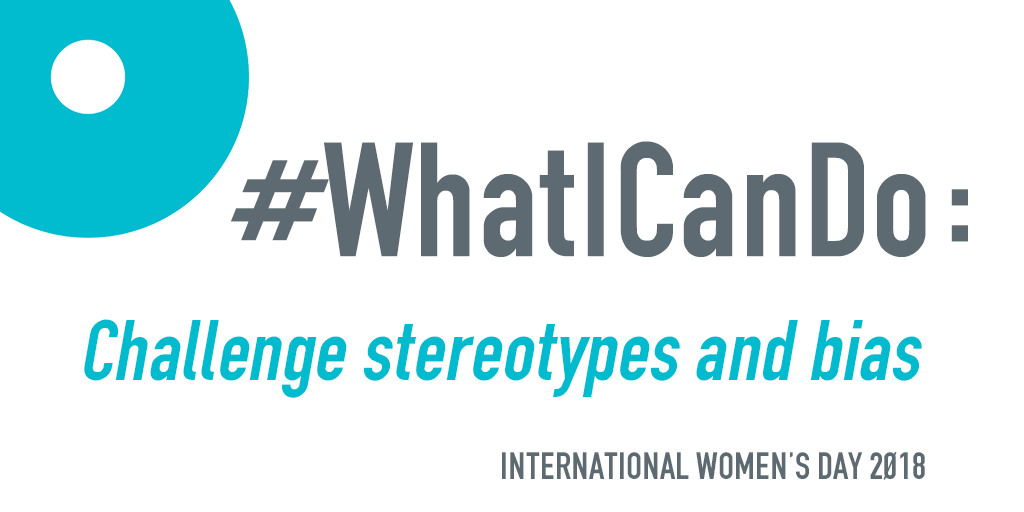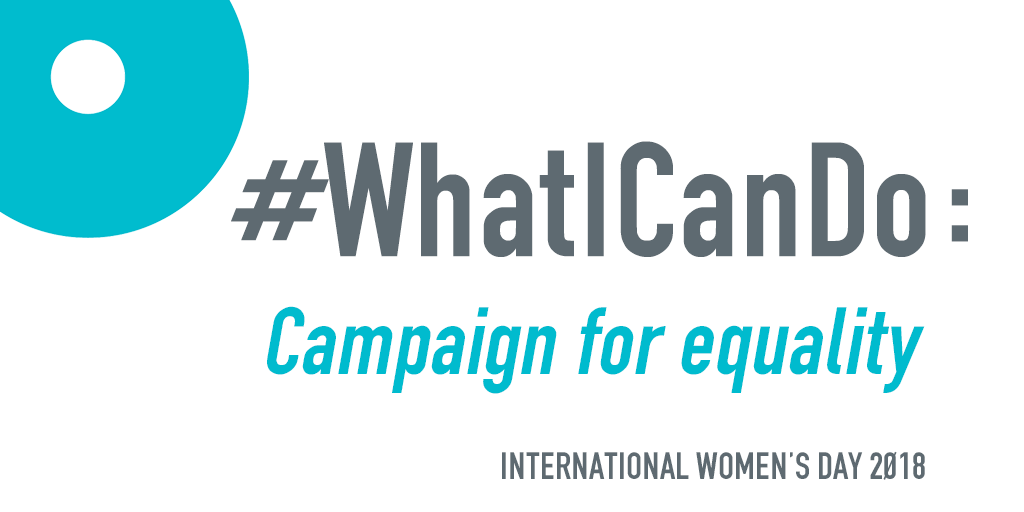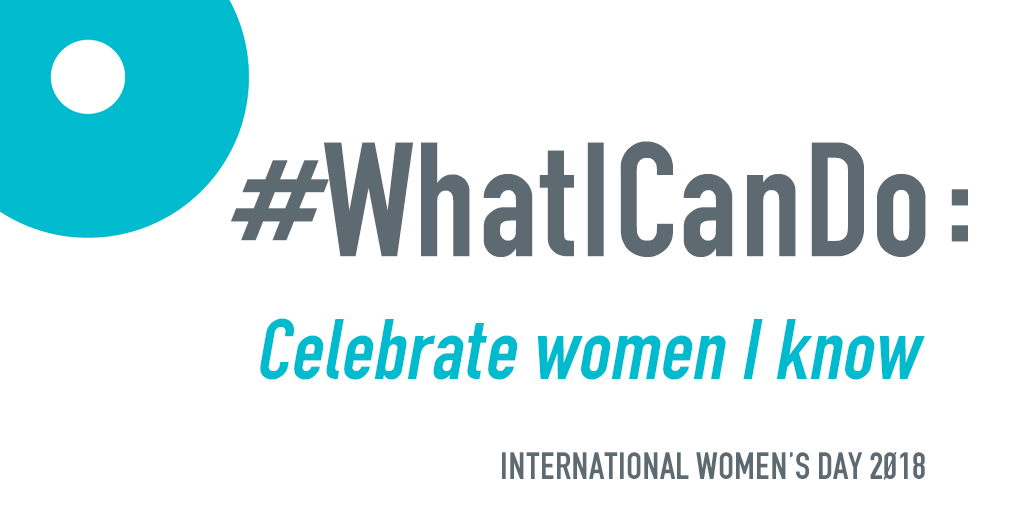In recent years we have seen a great deal of progress when it comes to tackling gender inequality in the UK – the gender pay gap has reduced, London (and the world) united in the Women’s March, and the #MeToo and #TIMESUP movements spurred a great wave of conversation when it comes to domestic violence and sexual assault, all of this contributing to positive change when it comes to awareness around these issues and the support available.
However, there is still much to be done.
This year, the theme of International Women’s Day (March 8th) is #PressForProgress – a concept which we stand completely behind.
Why #PressForProgress on International Women’s Day?
The below statistics represent just a tiny amount of the reasons why we must all press for progress.
- An estimated 1.9 million adults aged 16 to 59 years experienced domestic abuse in the last year, according to the year ending March 2017 Crime Survey for England and Wales (1.2 million women, 713,000 men) (ONS)
- Almost a third (29%) of 16-18 year old girls say they have experienced unwanted sexual touching at school (Women & Equalities Committee).
- Only 28% of women using community-based services reported domestic abuse to the police (Women’s Aid)
- 57% of girls aged 11-21 have seen stereotypical images of men and women in the media in the past week that made them feel less confident about what they want to do. (GirlGuiding)
Education and awareness-raising
You can make a difference by challenging derogatory, discriminatory language you come across in everyday conversation. This could include calling out bias or stereotypes which perpetuate gender inequality.
We can all work to raise awareness of domestic violence and sexual assault by sharing information and resources about these issues, including about common myths and misconceptions.
Learn more about healthy relationships, sexual assault, the types of abusive behaviour, about domestic and sexual abuse in the LGBTQ+ community, and sexual consent.
With this knowledge, you can campaign for the prevention and end of all forms of domestic violence and sexual assault, challenging those who seek to justify the actions of perpetrators and perpetuate victim blaming.
We can also feel more able to recognise the signs of domestic or sexual violence, and support a friend or family member who may have been or is currently being abused. You can share information about the Bright Sky app which allows users to find their closest domestic abuse support service.
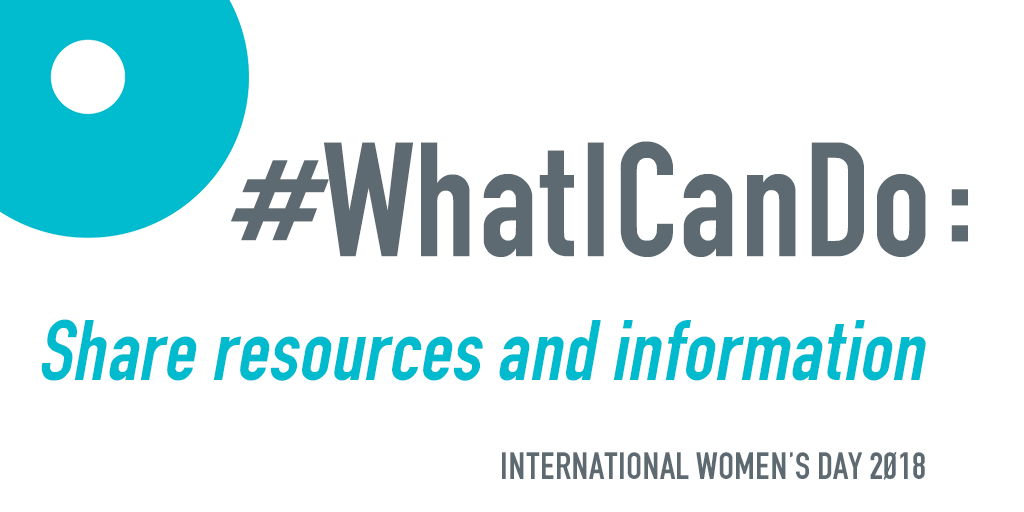
Supporting charities
By supporting local and national charities that support women and girls in crisis you can enable them to continue their work. As a volunteer, you can offer up invaluable time and skills to support them in a range of ways, depending on your personal interests.
Many organisations depend on donations from the public to be able to maintain and develop services to support those in need. You can donate to one (or more) of the UK SAYS NO MORE non-profit partner organisations today, who work across domestic violence support services, sexual assault, counselling, homelessness, mental health and more. Many of our partner organisations also have exciting volunteering opportunities.
Campaigning
As an activist, you can speak out against gender inequality and gender based violence by joining activist groups, protests and demonstrations.
You can take a stand against domestic violence and sexual assault by adding your photo to the UK SAYS NO MORE Gallery, along with others nationwide. Wearing the NO MORE pin is also an easy and effective way of demonstrating your support for the initiative, and can often spark conversations with others who are curious about its meaning.
You can also become a social media activist by sharing information and resources online, such as about support services for women in crisis in your area, or sharing articles or content which raise awareness of issues around domestic violence and sexual assault.
Celebrating women you know
Why not take the day to celebrate the women in your life who have made a positive impact on you. Whether it’s your mother, sister, aunt, teacher, friend or colleague – why not start conversations today about why they are so important to you. Pledge to be there for them and help them out should they confide in you about needing support.
As an employer, you can pledge to be a progressive and inclusive employer, championing women in the workplace and building effective, opportunity-filled organisations. We can all also celebrate women in the public eye (social, economic, cultural and political figures) who are using their voice to take a stand against gender inequality, prejudice, and all forms of domestic and sexual violence.
How will you #PressForProgress? Let us know on Twitter or Facebook!
[maxbutton id=”31″] [maxbutton id=”12″]
